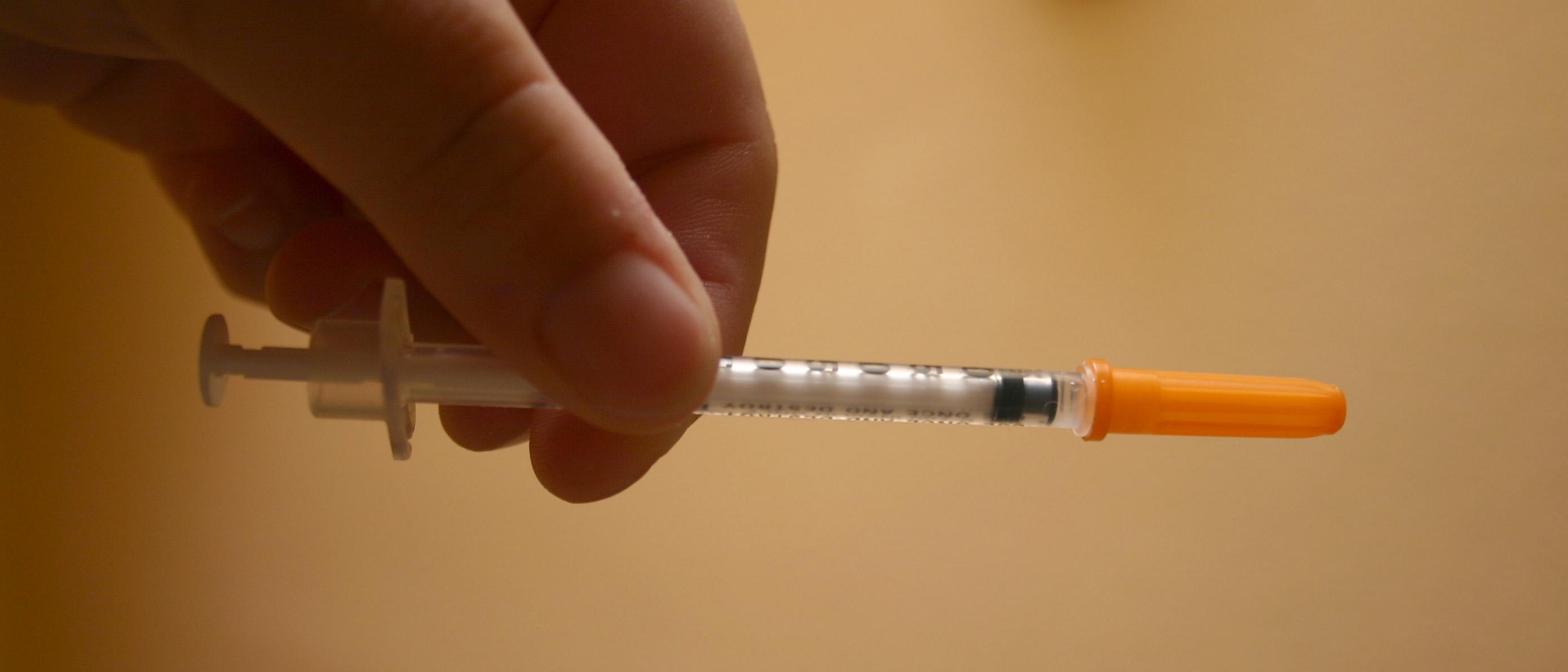Imagine having an opportunity to take someone’s life. I mean a human life. And it may be yours too. Would you go for it? I know it sounds insane and only a weirdo would say yes or even think of it. But, before being judgmental just hold on and think for a while. Let’s say that you are in a situation wherein there’s a lot of suffering. Every second of your life is such an unending, unbearable pain that exiting this life is the only option that you feel exists. Or imagine your loved one to be in state of arduous longitude or in coma and the decision is up to you whether to pull the plug.
Wouldn’t it be the toughest decision to make? Even this thought is so harrowing. Euthanasia – or an assisted suicide – is the painless killing of a patient suffering from an incurable and painful disease or in an irreversible coma. It is a controversial subject but is still legal in some parts of the world and also in some states in the U.S. Commonly referred to as mercy killing, many feel that every person has the right to die with dignity and that it should not be anyone else’s business if that person decides to do so. Well, there are many aspects to it and topics like this should be dealt with cognizance.
Let us first understand them clearly. Euthanasia is mainly classified into two types – voluntary and involuntary. While voluntary euthanasia is conducted with consent the latter is conducted without the consent of the patient wherein the patient is not capable of doing it themselves. Furthermore, procedural classification takes us to passive euthanasia – life sustaining treatments are withheld, and active euthanasia – lethal but legal substances are injected into the body by the doctor. Debating on euthanasia is easy when it is not concerned with one’s own or loved one’s life.
As I am writing this I am trying to create a situation wherein I am to decide whether to withdraw my soul from this body and suddenly I become thoughtless. It’s difficult for me to have an opinion. I think the only reason for this is that this concept of euthanasia is so deep-seated that unless one is facing it, expressing opinions is just vague. Another justification for why euthanasia is such a disputed topic is because of its semblance with the term “suicide.” Many people argue that euthanasia is nothing but a medically sophisticated term for suicide. If an individual, say, has lost all hope and is finding no way to revive and thus decides to end their life. Then just on his way to effectuate the decision he sees the light in the dark and realizes a way to rekindle and rescinds his decision.
At first this may sound inspiring but at the same time it seems farcical. If you have a bad deal with your job you just quit it. If you have a bad deal with your marriage you just divorce. If you are hopeless you just end your life. Seriously, these are not good enough reasons for you to end the process of life. Whether it’s a good deal or a bad deal if you have a larger purpose everything is a stepping stone. Everything is a stepping stone for your ultimate well-being if you have set the larger goal. Every situation that you get into you are getting so identified and caught up with it, now it feels like it’s better to end your life.
Anyway, this is all hogwash because today if something is going wrong you want to end your life; tomorrow morning something is going right and you want to live; you want to have your third baby, you want to get married once again, you want to work again. If things are going a little better tomorrow morning you will have plans but if everything looks bleak – you think of suicide, don’t you? The way we look at life is so frivolous; I think today’s generation needs to upgrade its approach to life.
Alright, but euthanasia is different. There is a fine line between suicide and assisted suicide. When, in complete consciousness, you know that there is no way agony can be mitigated or the patient can be brought back to senses, to liberate a person or not should be left with the ones concerned and other people should not have any take on it. After all, every human being deserves a humane death, and thus euthanasia should not be considered a crime. This argument will continue for many years to come, nevertheless, it’s important to have empathy and be active in teaching others about euthanasia. This is the least we can do.


